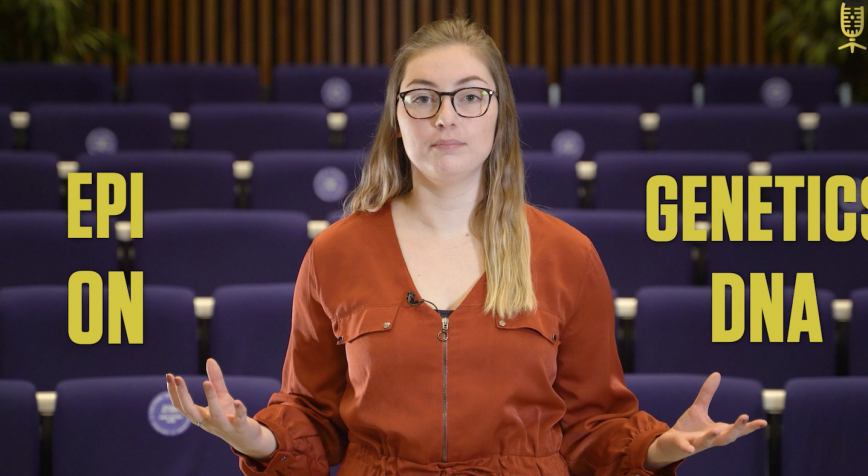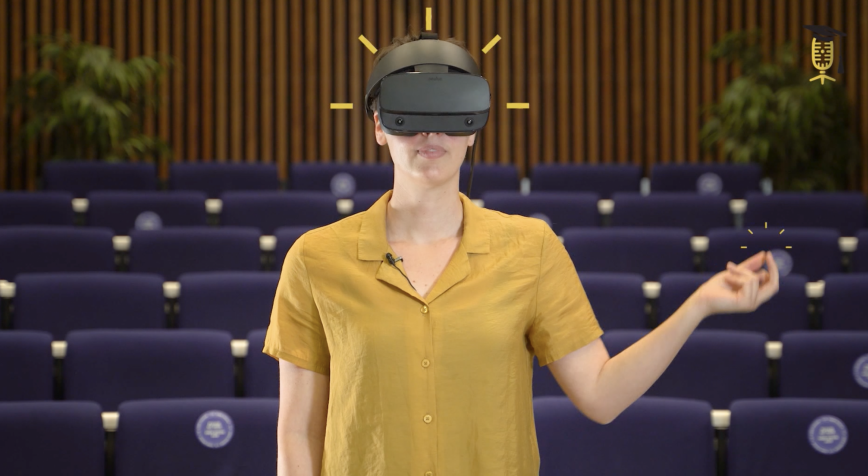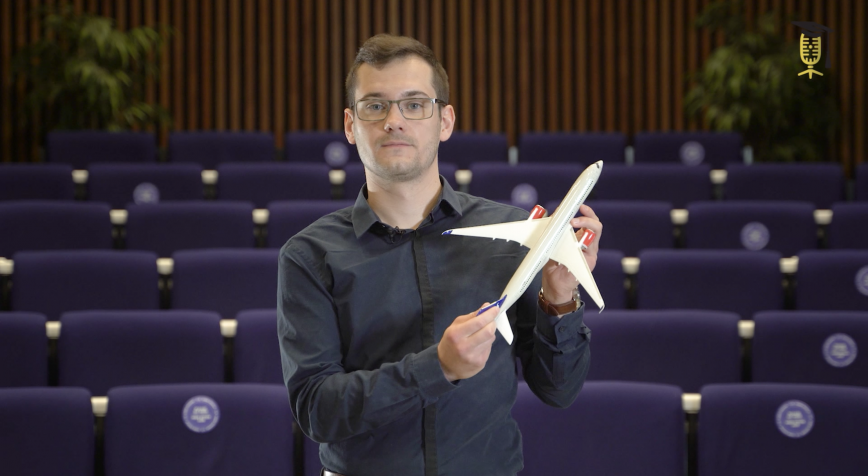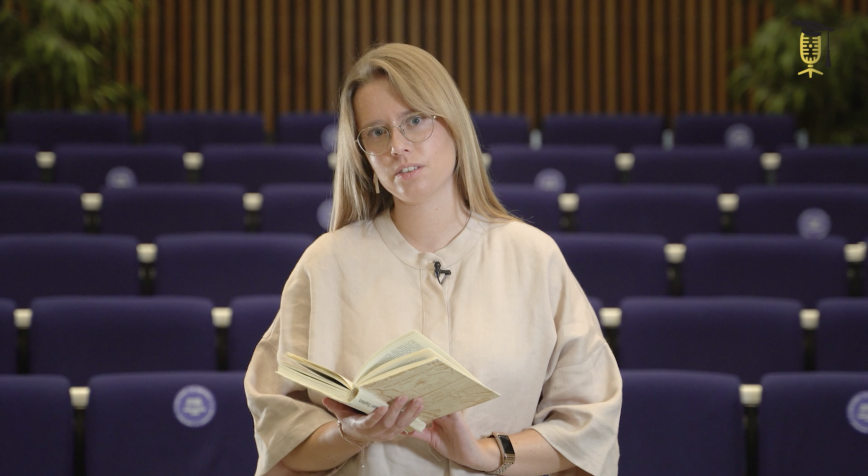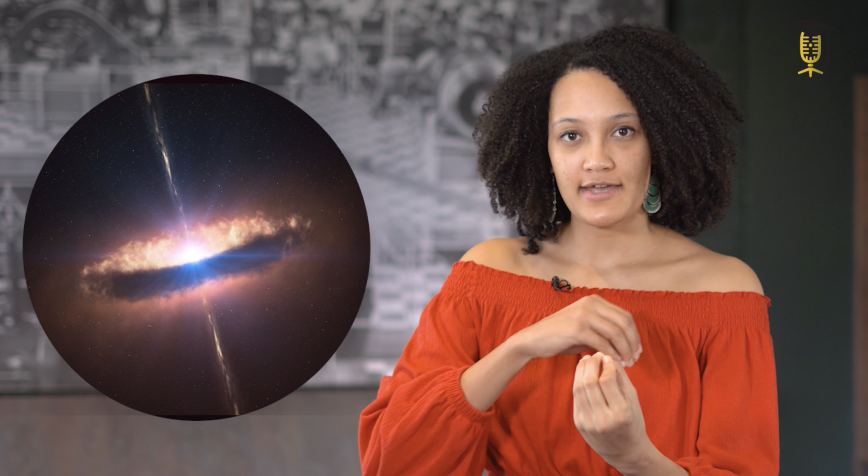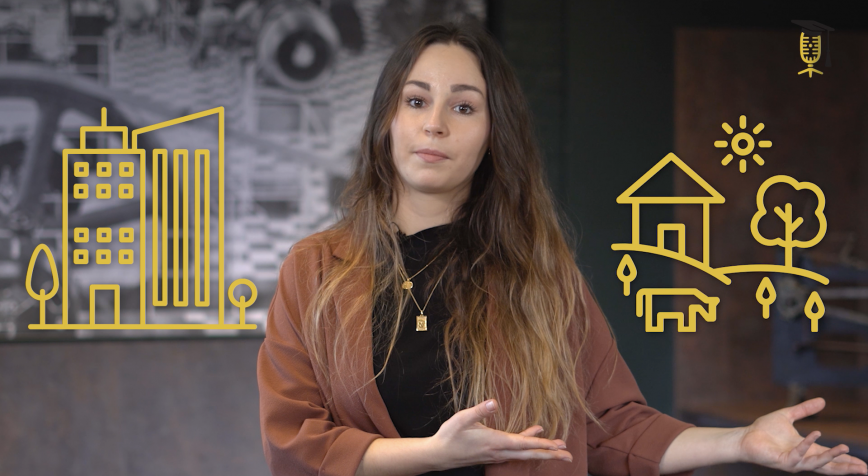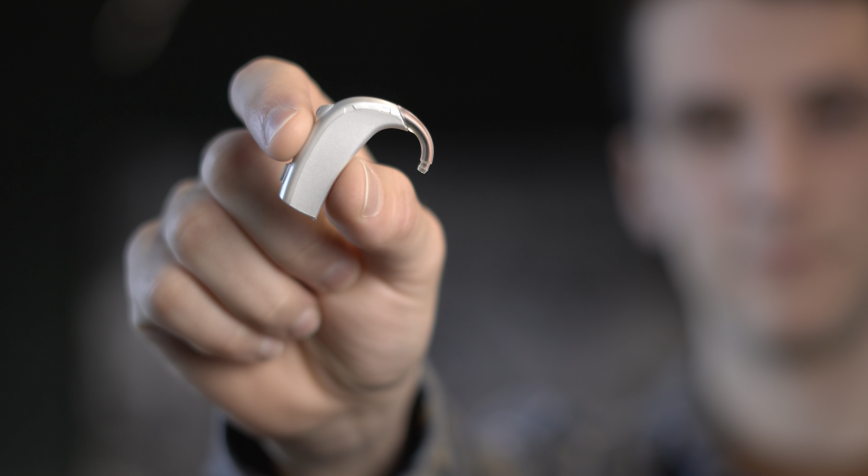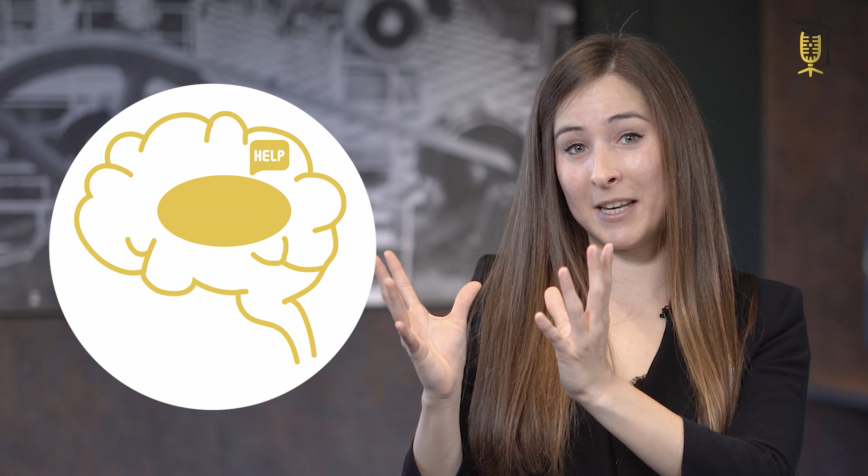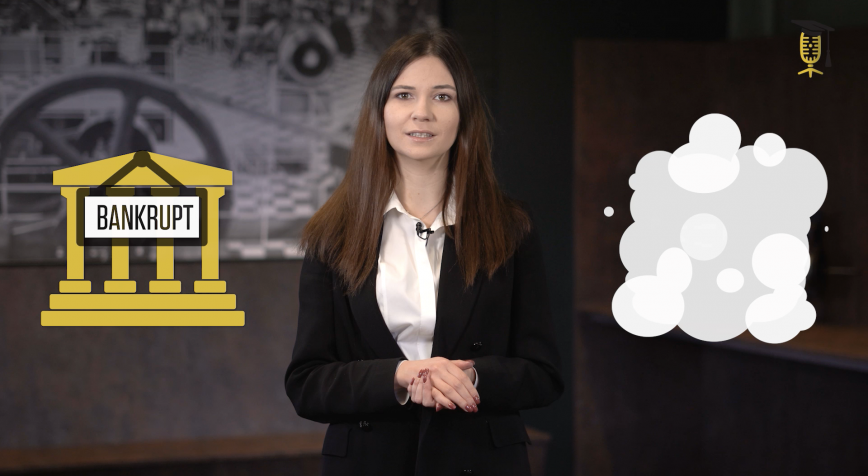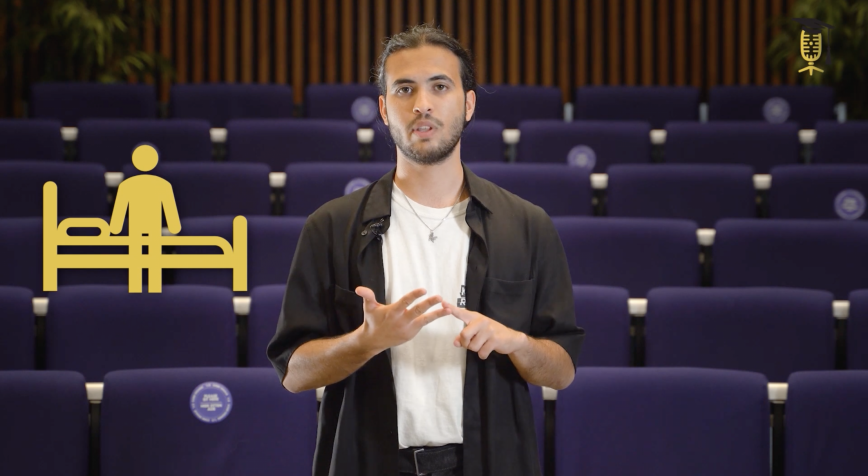
VUB
Brain stimulation in Parkinson's disease
Getting out of bed in the morning is quite a feat, and not just on Monday mornings. It requires a series of complex motor actions, which we perform without thinking, on automatic pilot. In patients with Parkinson's disease, these automatic actions are disturbed. Something goes wrong in the brain so that they suddenly have to think about every action. Mahyar Firouzi (VUB) is investigating whether brain stimulation can help to improve automatic action in Parkinson's patients.
